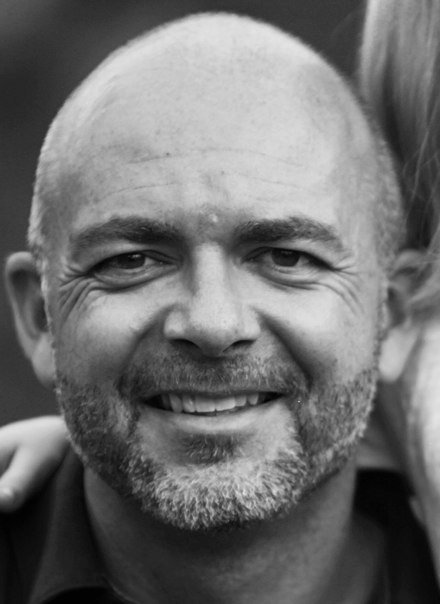Sunday, January 25, 2009
Charging yaks
Sunday, January 18, 2009
Malnutrition and Plumpy'nut
- My son's school now offers four choices for the main course at lunch, not to mention choices for vegetables and fruits.
- With refrigeration, we can store food for quite a while.
- Every day we give our kids multi-vitamins to ensure they're getting the proper nutrients to help them be healthy and grow into healthy adults.
- And then there's the fact that we have clean water at our fingertips ... but that's a subject for another blog entry.
Five million. Dead from malnutrition. The Nazi holocaust killed an estimated six million Jews. This decade alone, an estimated 45 million children have died from malnutrition. By the end of this year, add another five million.
In ten years, 50 million children will have died from malnutrition. That's more than the populations of New York and Texas - combined.
That can change. Recently, two of my good friends told me about a product called Plumpy'nut, "an unusual name for a food that may just be the most important advance ever to cure and prevent malnutrition." This story by Anderson Cooper is worth watching. Take a look. Then do something to join the fight against malnutrition.
What you can do next:
Join the World Hunger Campaign (CARE)
Join Bread for the World
Join World Vision
Sunday, January 4, 2009
Long-haired Mama
When we finished reading the story, I recapped with Isaac and Anna and then asked Isaac, "What kind of daddy do you want me to be?"
He wisely replied, "One that loves God and doesn't worship idols."
I then asked him, "When you grow up, what kind of daddy do you want to be?"
He said, "A good one that worships God and not idols."
So I thought I would try the question on Anna. "Anna, when you grow up, what kind of mama do you want to be?"
Anna carefully chose her words, "When I grow up, I want to be a long-haired mama."
[Recommended reading: The Child's Story Bible]
Monday, December 15, 2008
A Homeless Man Changed the World
- Jesus claimed to be God. He used the Hebrew phrase "I AM" to clearly communicate this to the people who were listening to him. They understood this so well that they tried to kill him for blasphemy.
- Jesus said that the two greatest commands are (1) Love God, and (2) Love one another. He didn't just say it: His life was a visible demonstration of these beliefs. Even as he was dying on the cross to which he was nailed, he forgave those who were responsible, saying, "Forgive them. They don't know what they're doing."
- Although he claimed to be God, Jesus did not consider himself too holy for even the lowliest of jobs. At dinner on the last night of his life, he washed the stinky, dirty feet of his followers, a job typically done by the least of the servants. And he didn't complain! He even washed the feet of Judas Iscariot, the one who would betray Jesus later that same night.
I'm fascinated by the life and teachings of Jesus. This simple homeless man, born in a stable to an unwed mother, has impacted the world like none other before or after him. Maybe during this season you'd like to learn more about the life of Jesus. If so, you might enjoy reading or listening to the story that Dr. Luke (he was a physician) wrote (the third book in the New Testament). Even if you don't conclude that Jesus was who he claimed to be, his pervasive influence on the world is undeniable.
Further listening: Luke - Audio Bible (download in wma format)
Tuesday, September 30, 2008
Access to Credit
Access to credit is an amazing privilege. When the DOW falls almost 800 points (as it did today) and access to credit is significantly restricted (as it is currently), we gain an understanding of the importance of credit. Thanks to all the MFIs (micro-finance institutions) who are making credit available and affordable to people around the world.
[Further reading: Banker to the Poor by Muhammad Yunus]
[Website recommendation: www.opportunity.org]

